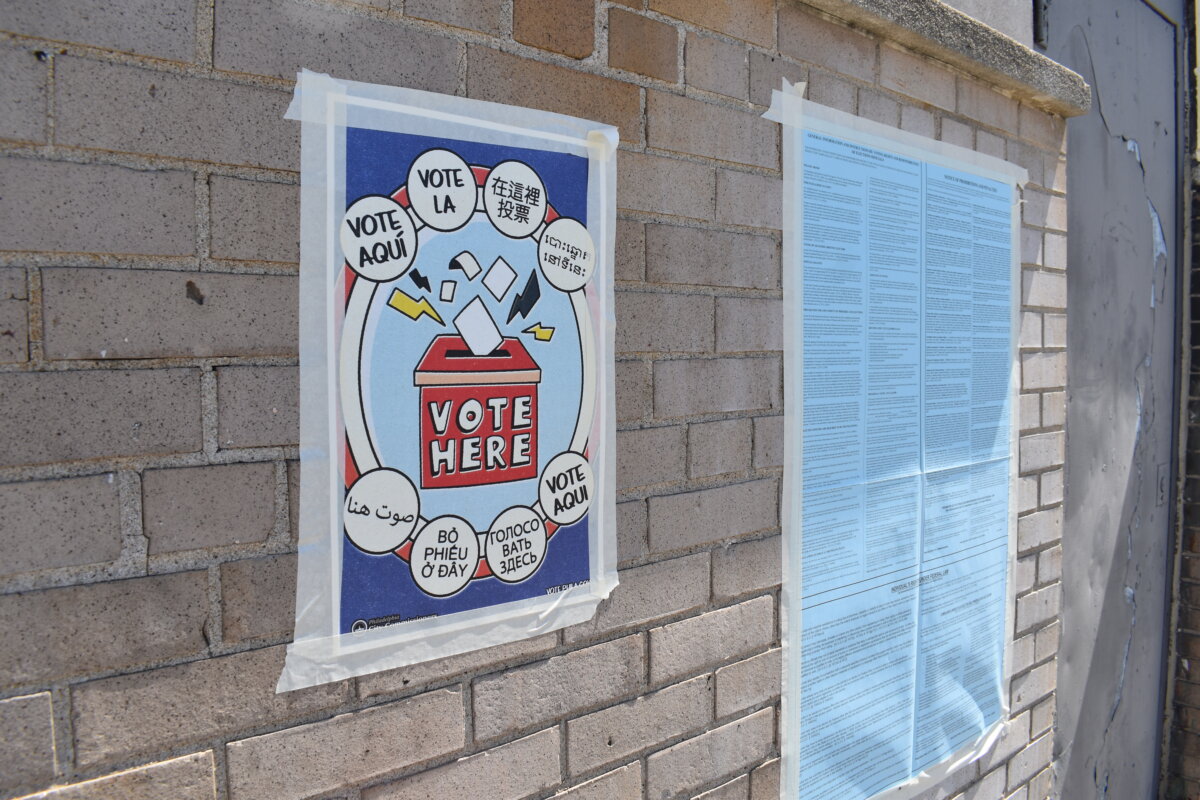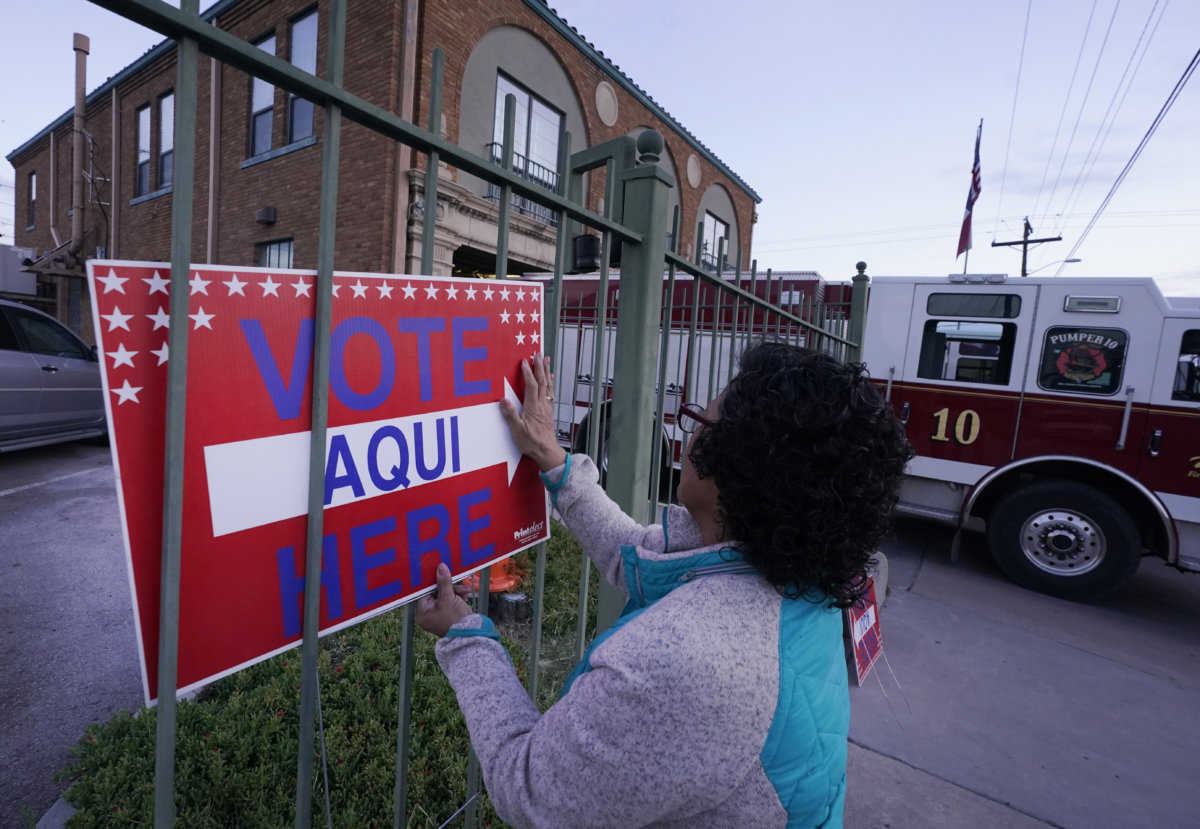Nobody likes losing an hour of sleep in the morning. But some New England states are so irate over daylight savings that they are ready to secede and join a new time zone to avoid resetting their clocks ever again.
Maine and New Hampshire have already passed provisionary bills that would start the process for living permanently on summertime hours, provided Massachusetts tags along, the Portland Press Herald reported. Rhode Island is also considering a similar measure.
Everyone has heard the rumors for why we started springing forward and falling back in the first place — for the farmers.
Actually, that’s just an old wives tale.
Daylight saving time actually caught on in the early 1900s as a way to save energy during World War I, according to Stateline. More than 100 years later, the U.S. Department of Energy says the ritual still saves helps conserve energy, but only about 40 or 50 cents a day.
But that savings has many people questioning whether it’s worth it. Studies have shown changing the clocks can actually have harmful effects on public health, productivity and safety.
Time change has been linked to increases in heart attacks and strokes, more fatal car crashes, and higher rates of theft.
“It wreaks havoc on all sorts of issues,” Christopher Barnes, an associate professor of management at the University of Washington who has studied the impacts of time changes on sleep, told Stateline.
These are just a few reasons why states like Massachusetts, New Hampshire and Maine are all considering a move to do away with time changes, to “set it and forget it,” if you will.
But for a state to be on daylight saving time year-round, it must go through Congress.
Switching to Atlantic Time and never letting the clocks fall back would make summertime daylight saving time hours permanent year-round. It would mean an extra hour of sunlight after work rather than before work in the winter — a shift some say could give a boost to the local economy.
But there are a few drawbacks too.
Permanent daylight saving time would mean the sun wouldn’t rise until 8 a.m. in the winter, when daylight is shortest. It would also mean Northeast travelers would be in a different time zone than other East Coast cities like New York and Washington for part of the year. It would mean the Patriots wouldn’t kick off until 9:30 p.m. on Sundays, WCVB reported.
While Maine and New Hampshire have indicated they’re ready to take a leap, provided the three states go together, a Massachusetts legislative commission has just started studying the issue. Ultimately, it will be up to the U.S. Department of Transportation if half of New England can hop time zones.
New England isn’t alone, however. There’s been a growing movement to “lock the clock” sweeping across the U.S. Hawaii and Arizona are the only two states that don’t change their clocks twice a year for daylight saving time, but there are bills in about half of all state legislatures considering putting a stop to changing the clocks, according to Stateline.



















